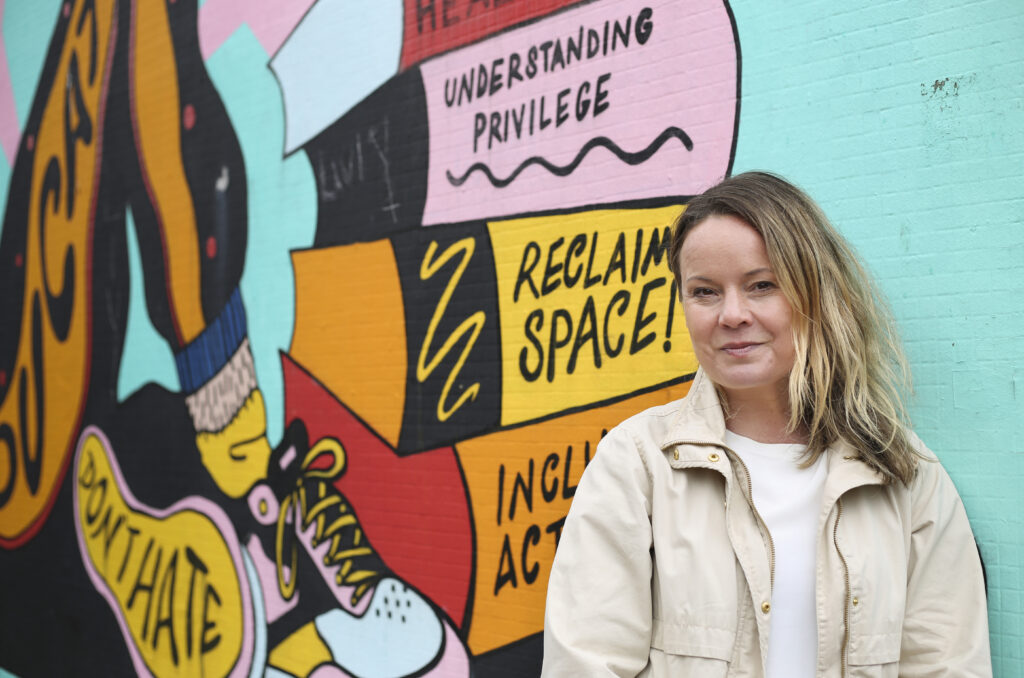
Make your voices heard!
International academics want to engage with Finnish society – but the road to a more fulfilling interaction is a tricky one.
Text sami anteroinen Images istock, anne nyyssönen
International academics are an underused resource in Finnish society. While about 30% of all academics in Finland are from abroad, they are glaringly absent from public conversation. But what’s holding back a more diverse dialogue and participation – and how can we properly address this issue?
Director Mari K. Niemi from E2 Research says that there are various factors that have caused the present situation. The language barrier is a big problem, as researchers are rarely fluent in Finnish. Then there are factors such as lack of networks or self-confidence – the researchers often feel that they’re not on their home turf and are therefore hesitant to raise their voices.
“The Finnish society is missing out, when these international academics are not invited to contribute to the discussion,” Niemi sums up.

Engagement edge
A new project, by the name of Building Academics’ Societal Impact (BASE), surveyed these issues in spring-summer 2022. With 214 foreign academics participating, it is possible to get a pretty good picture of what kind of views especially younger academics have on societal engagement, as they were best represented among respondents.
But what exactly is societal engagement? Niemi explains that for the purposes of this study, at least, societal engagement is explaining and communicating one’s research to public and making society a better place with one’s research.
“Interestingly enough, the participants of the survey saw societal engagement as a one-way street – meaning, in essence, that they give something to the society but don’t expect anything back,” Niemi says.
“Interestingly enough, the participants of the survey saw societal engagement as a one-way street – meaning, in essence, that they give something to the society but don’t expect anything back.”
Director Mari K Niemi, E2 Research
Nevertheless, the international academics are very keen on societal engagement: as many as 81% of the survey participants said that societal engagement in any form is good and benefits society. Also, 72% felt that societal engagement improves their career prospects and 55% assessed that their institution encourages societal engagement activities.
“Only 8% held a view that societal engagement is not relevant to their field,” adds Niemi.
Access to networks, please!
When asked about the things that would encourage them to be more active in societal engagement, the international researchers had plenty to say. Number one on the list was access to networks outside academia (72%), with more support from one’s organization as the runner-up (63%). Help with getting funds and support in identifying relevant partners and networks were deemed equally relevant (54%).
Also, learning how to popularize research to gain more attention and media coverage was on the minds of half the survey participants (50%).
According to Niemi, many of the present problems can be solved via training, but attitudes and practices in Finnish society need to change as well.
“International academics can train media utilization, networking and understanding cultural nuances, but, equally, existing networks need to open up and journalists reach out to foreign academics as experts to interview.”

Getting personal
Originally hailing from Turkey, Gökhan Depo is the research assistant for BASE at E2 Research, with lots of personal experience on the topic. A Fulbright scholar who presently lives in Oulu, he has been in Finland for a year now and recognizes the challenges.
“Finnish language is really difficult,” he laughs.
Travelling the world as an international scholar, Depo knows the pros and cons therein – but in the survey, he was pleasantly surprised by how international academics felt about societal engagement.
“When we got the results and 81% said that societal engagement is so important, I was really astonished.”
Contribute to society!
Depo notes that carving time from your busy schedule for societal engagement is demanding for any researcher, but for internationals, there are likely to be even more challenges.
“Still they want to do more of it and are looking for ways to contribute. That is really impressive.”
Participating in societal engagement
How is it different for international and Finnish academics (from the perspective of international academics)?
- Understanding the system
- Connections and networks
- Knowing the key players
- Language and cultural barriers Media’s approach
In addition to BASE, E2 Research is running another project with an international angle, this one focusing on improving talent attraction and retention in Finland. The International Talent Finland research project is supported by a large consortium, adding to the societal impact of the work.
“In this project, we are looking for solutions for the talent gap, aiming to understand how Finland could become more welcoming and attractive country for international talent.”
E2 Survey finding
International academics using social media professionally
- Happy to participate in discussions (46%)
- Believes to benefit from training (39%)
- Confident using social media effectively (32%)
- Believes social media is hostile (24%)

